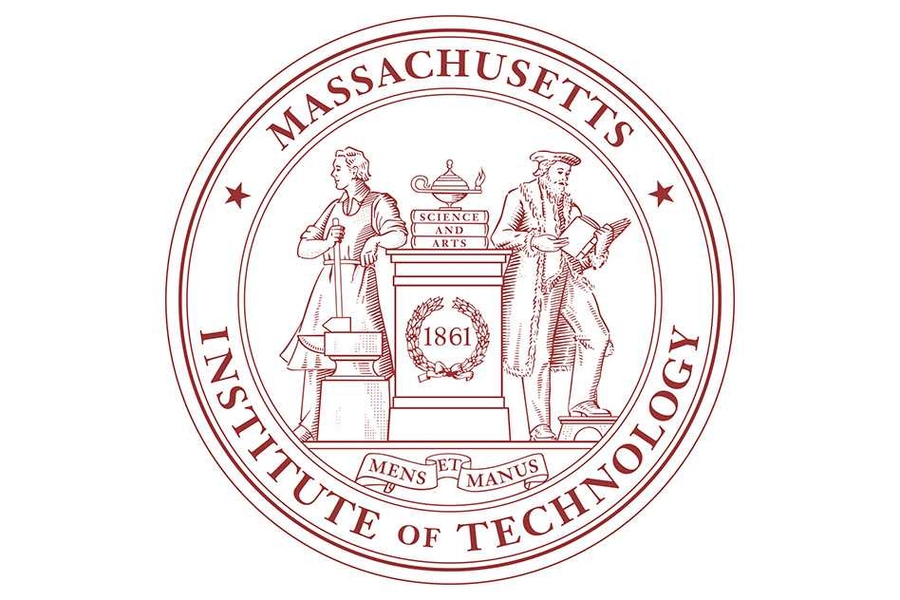The following email was sent today to the MIT community by President L. Rafael Reif.
To the members of the MIT community:
I write to share the final report of the Institute-wide Task Force on the Future of MIT Education. It is the product of 18 months of campus-wide discussion, analysis and introspection, and it marks the beginning of an exciting new period of educational experimentation at MIT. You may read more on MIT News.
The past few years have brought mounting evidence that higher education stands at a crossroads. As with any disruptive technology, MOOCs have been viewed with enthusiasm in many quarters and skepticism in some. However, the underlying facts are inarguable: that the rising cost of education, combined with the transformative potential of online teaching and learning technologies, presents a long-term challenge that no university can afford to ignore.
At MIT, we are choosing to meet this challenge directly by assessing the educational model that has served the Institute so well for so long. We are experimenting boldly with ideas to enhance the education we offer our own students and to lower the barriers to access for learners around the world.
Last November, the Task Force released its preliminary report, which imagined new possibilities and identified a broad range of opportunities in need of deeper investigation. Since then, the three Task Force working groups – on MIT education and facilities, on global opportunities around edX, and on new financial models for higher education – have considered the feasibility and value of those ideas, and articulated practical options.
A menu of possibilities
Building on the concepts from its preliminary report, the Task Force has developed concrete recommendations, from increasing the flexibility and modularity of the curriculum, to imagining new kinds of physical spaces to support learning, to defining new opportunities for service. To provide a framework and sustained funding for further educational experimentation, research, and learning going forward, the Task Force has also proposed that MIT create an Initiative for Educational Innovation. Led by MIT faculty, this new entity would promote rigorous, data-driven analysis of the pedagogical and curricular innovations that the report describes.
MIT is already building on the work the Task Force has begun. This summer, MIT offered five subjects that have explored new pedagogies in a blended or online setting. The data collected from those classes, which enrolled 129 MIT students, will help us assess some of the report’s recommendations. And we have recently received generous support from Carnegie Corporation of New York to launch a study that will assess the impact of online learning on higher education and present policy recommendations aimed at making America’s system of higher education stronger, more effective and more accessible.
Choosing the best path together
While the release of this report represents an important milestone, our work has just begun. The next challenge: to identify which of the report's recommendations to implement, how and in what order. To help define the path forward, over the next two months the Task Force will actively solicit community comment, questions and suggestions through various mechanisms, including a faculty and a student forum in September. The co-chairs also invite your input any time at mitedu-cochairs@mit.edu.
The Task Force has produced outstanding results through a process marked by collaboration, inclusiveness and candor: MIT at its best. By reaching out for ideas in many ways – through department meetings, student forums, Institute Faculty Meetings, a Corporation Advisory Group, an Alumni Advisory Group, an idea bank, and surveys sent to all students, instructors and faculty – the 52 members of the Task Force made sure that their report reflected not only their own insights but wisdom and experience drawn from all across MIT.
I am grateful to all the members of the Task Force, who devoted to this vital effort a great deal of time, care and creativity. In particular, I extend my deep appreciation to the co-chairs – Sanjay Sarma, Fred Fort Flowers and Daniel Fort Flowers Professor of Mechanical Engineering and MIT’s director of Digital Learning; Karen Willcox, Professor of Aeronautics and Astronautics; and Executive Vice President and Treasurer Israel Ruiz – for their resolve, commitment and leadership.
I look forward to working with you to invent the future of MIT education.
Sincerely,
L. Rafael Reif







